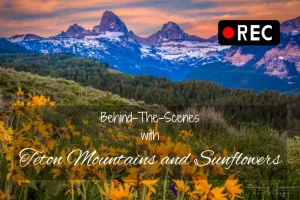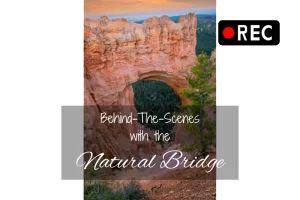For some of you out there, being a photographer sounds like a dream job or a dream career. It may very well be so. However, there are a few downsides which come with the territory. People make assumptions about you which can lead to some awkward and uncomfortable situations. Here are five hazards of being a photographer and what can come from it.
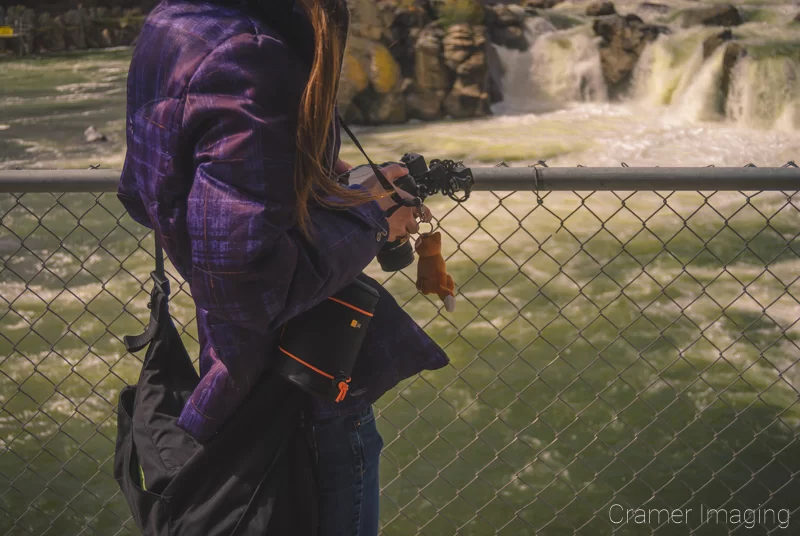
I present these hazards of being a photographer in no particular order. I’ve personally experienced some of them. Others, thankfully, I have not and hope I never experience. However, other photographers have. I’ve gleaned the relevant and important information from their stories to present here.
Hazard 1. Everyone Wants Free or Cheap Photos
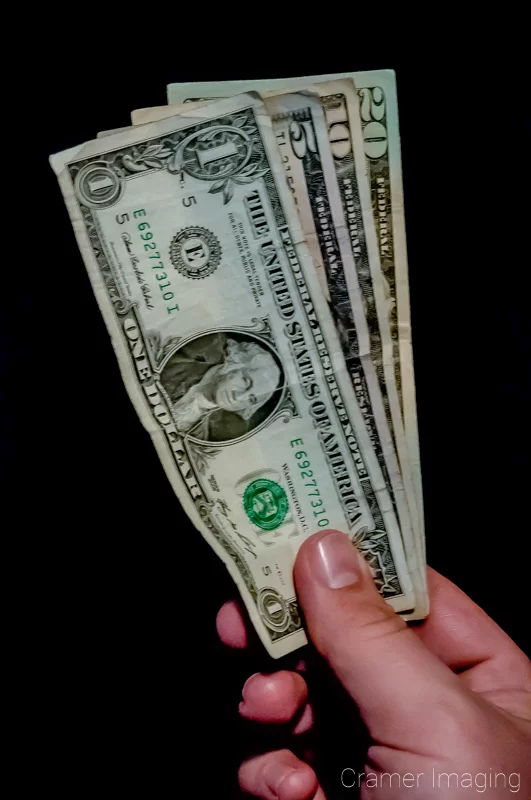
If you’ve pursued photography for more than a few months, you’ve probably learned about the phenomenon of taking photos for “exposure.” Seasoned photographers of all kinds will immediately roll their eyes at this one.
However, many people erroneously assume that you, as a photographer, will offer free or cheap photos. They display sticker-shock and outrage at prices. They attempt to bargain down or bargain away your rates with offers of “exposure” and telling all their friends and family. Another move they might try is threatening to use someone else instead or leave terrible reviews online. They could also threaten to slander your name to everyone they know. They might leave you with the impression that they would ask to speak with the manager if they could.
It seems they place little or no value upon your hard work, education, and skill as a photographer. Perhaps they have no idea what takes place behind-the-scenes with culling and processing. While there are lots of reasons why this problem comes up (and thereby lots of different manifestations of it), many times, it comes back down to client education or lack thereof. This pervasive price expectation never seems to die and always makes the conversation into something incredibly uncomfortable.
Hazard 2. Everyone Wants Pictures Rather than Participation
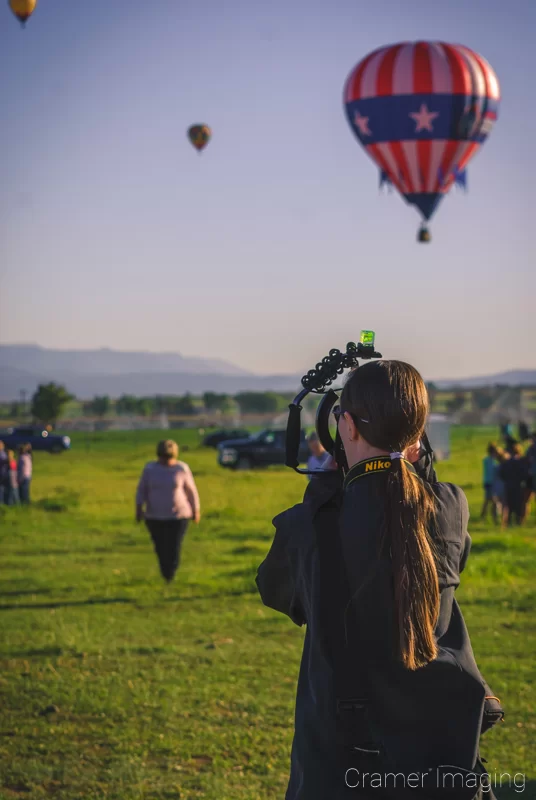
Have you ever received an invitation to an event only to learn the host(s) expected you to work rather than participate as a guest? This happens all the time to wedding photographers. However, other photographers aren’t immune from it either. The idea of “Please come to our event [wedding]. You’re bringing your camera, right?” tends to sour a conversation quickly.
As a photographer at an event, your natural place is that you are an observer from the side. You document what happens without interfering as much as possible. However, you cannot participate in the event you are attending. To do so would be an abdication of your photography duties.
Much like the previous entry, this assumption seems to stem from poor client education. Sadly, they don’t seem to realize that you simply cannot enjoy yourself as a guest AND work as a photographer at the same time. Perhaps they don’t care about your participation and simply want good quality photos for cheap. That happens too. Maybe you’d rather be a guest. This request puts you in a very uncomfortable position and leaves you with the choice of potentially offending the host with your refusal or semi-voluntarily removing yourself from the event activities to work instead. Either way, it’s one of many hazards of being a photographer.
Hazard 3. Everyone Thinks You Can Take Any Kind of Photos (Even Outside Your Skill Set)
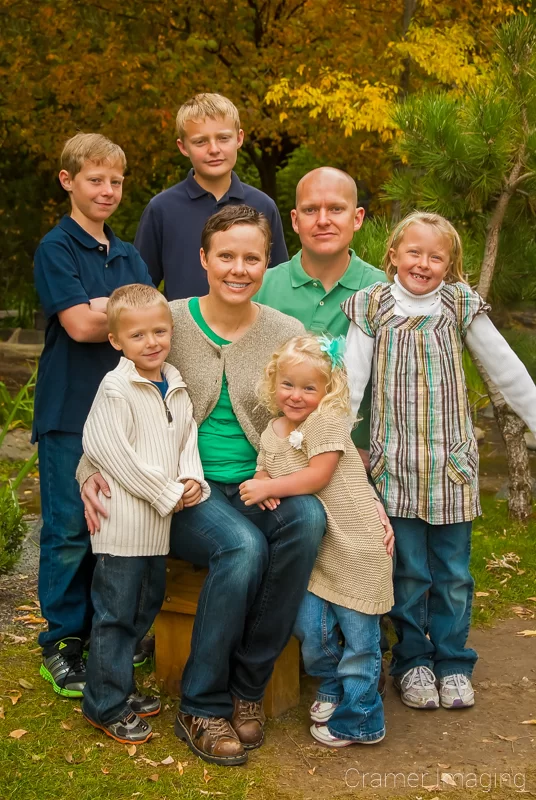
Let’s start this one off with an analogy. Have you ever required legal services? Sadly, many people do. If you needed a lawyer because of a work injury, would you seek out a divorce attorney to represent you? Of course not. While you know that a divorce attorney could perform the bare-bones basics better than you could, you also know that a lawyer who specializes in personal injury would suit you far better. Why is this? Because a personal injury attorney specialized in that field and knows the relevant laws far better than a divorce attorney would. Sadly, this kind of situation pops up in photography more than you might realize.
It’s sadly common for people to assume that a photographer can wear all hats of photography. People assume and even ask landscape photographers to do portraits and weddings. They simply don’t realize that, while some basic skills translate across genres and specialties, many of the finer points don’t. Wedding and portrait photographers may specialize in posing people and finding backgrounds to flatter people as the subject. However, landscape and fine art photographers don’t. Their skills in such matters as posing may be rudimentary at best.
Hiring a photographer to do work outside of their specialty will probably result in less-than-satisfactory photos. Even politely redirecting a conversation and educating the inquirer becomes uncomfortable as they often don’t get it.
Hazard 4. People Want You to Copy Another Photographer’s Work
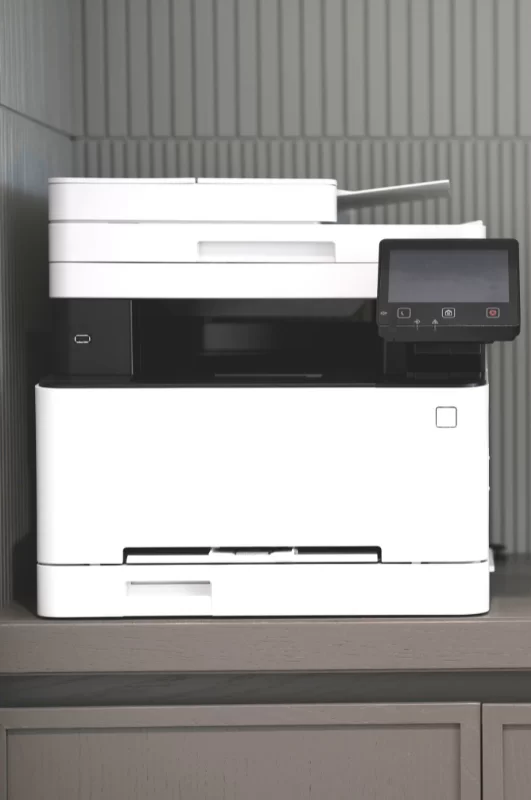
The old saying goes that imitation is the sincerest form of flattery. Ok, that works for the individual being imitated. How about the individual asked to imitate? That can be an entirely different story. Imagine how it feels for someone to come up and basically say something like the following:” Hi. I’ve seen your work. You’re competent and I like your work enough to hire you. Now recreate this piece of art from another artist whom I like better than you.” It doesn’t come off very well at all. This is because the potential customer is saying they like you but they don’t trust you well enough to create something they’d like. They want to hire you for your vision and style only to sidestep both your vision and style. If that sounds downright insulting, that’s because it is.
Many people don’t realize how insulting such a request is. Also, it never occurs to them that they might be treading on some dangerous legal grounds with such a request. Copyright and trademark infringements are serious matters. Asking one photographer to copy another might just land the first photographer or the client in legal hot water. So, asking a photographer to duplicate another is fraught with peril. The request is insulting. Even if the photographer was willing, he or she could never duplicate the circumstances of the original image so the resulting “duplication” won’t be the same, leading to anger and disappointment from the client. Even attempting to copy another’s work too closely could result in legal trouble. This is just an all-out bad request.
Hazard 5. People See Your Camera and Assume the Worst About You
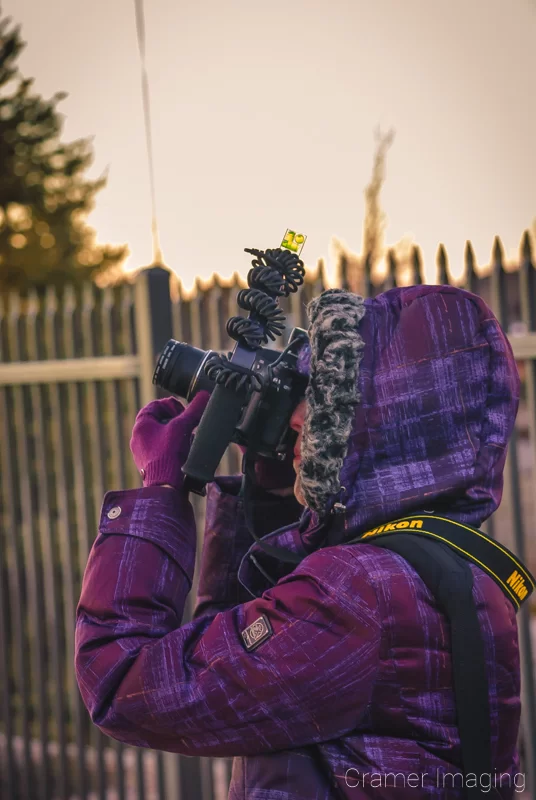
Sadly, there are photographers who experience worst than copyright infringement issues from the public. There are people out there who will assume the worst about you just because they can see you holding a camera. You can stand on a public sidewalk and take pictures in a public space (a First Amendment protected activity) and yet there are people who will assume you’re a creep or a terrorist just for doing that. They will call the police on you leading you to dealing with a mess for no good reason. Alternatively, they may decide to confront you about it and make a scene. Perhaps they’ll damage or attempt to damage your property or even harm you.
Situations like these go beyond simple client education. Also sadly, the others in this situation are often beyond reasoning with. They feel uncomfortable, threatened, etc. They will react, even drastically, rather than be reasonable. It’s often better to let the police sort the mess out when things escalate that far. However, this does not guarantee that every officer will be properly informed about the laws regarding cameras and public spaces. You might also deal with people making up lies to tell emergency services depending upon the situation. Things can get really ugly fast and there’s little you can do other than to know your rights, stand your ground, and record the situation if possible. Such recordings may help the police de-escalate the situation or provide useful evidence in court as necessary.
Conclusion
In conclusion, you can see there are several hazards of being a photographer out there. I wish I had solutions for these problems but I don’t. They’re ongoing issues. Education is often an answer but that only goes so far. As this is not an exhaustive list, there are plenty more hazards out there I did not discuss.
You may see photography as some kind of dream career. However, just like everything else, it comes with downsides too. I hope that you found this less-than-pleasant peek behind-the-scenes informative. Perhaps you now better understand what it means to be a photographer and some of the hazards which come with the territory.
Have I missed any general hazards of being a photographer like these? Please share them below in the comments section. Let’s watch out for each other’s backs on this matter. Forewarned is often forearmed.

